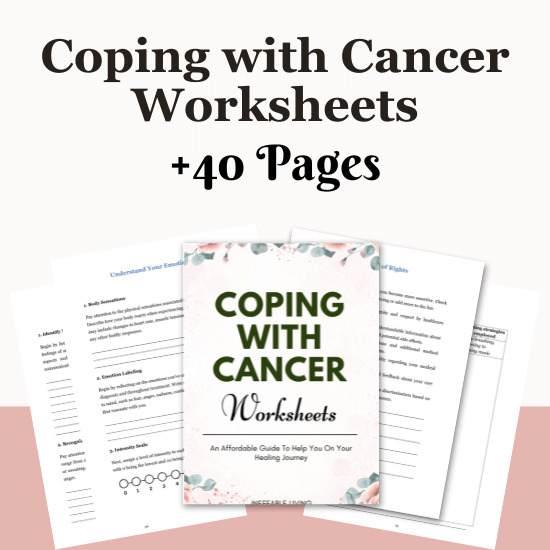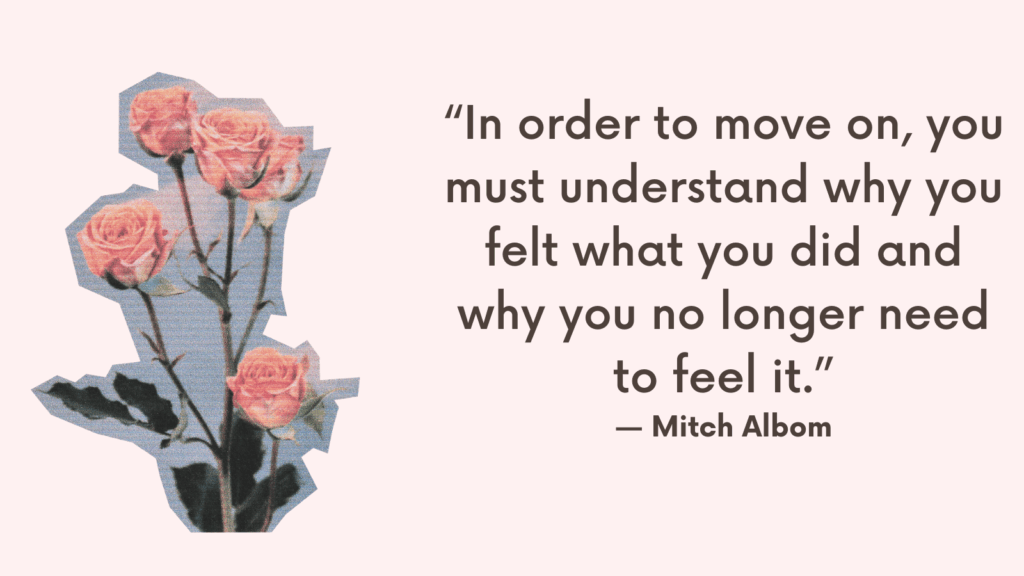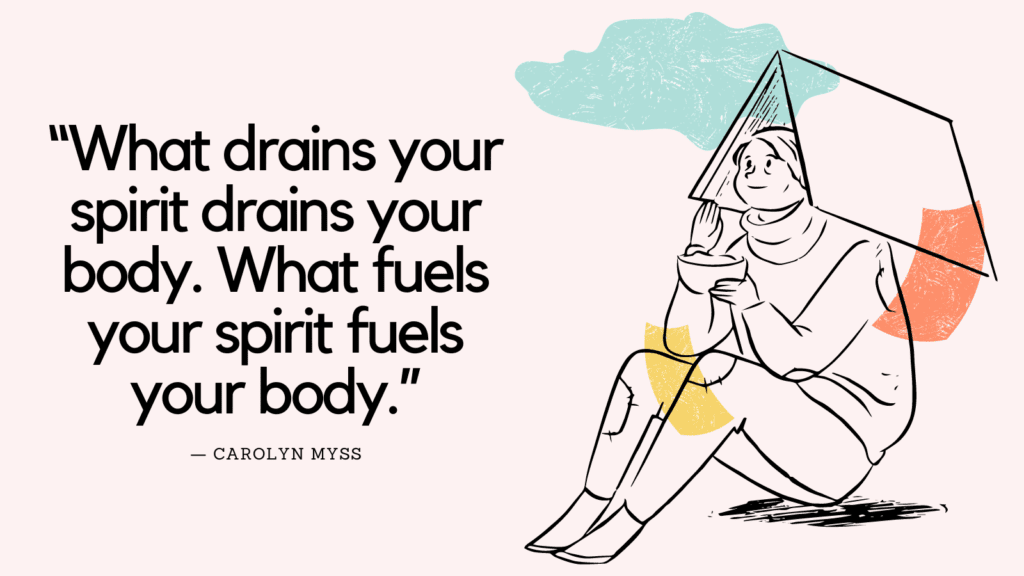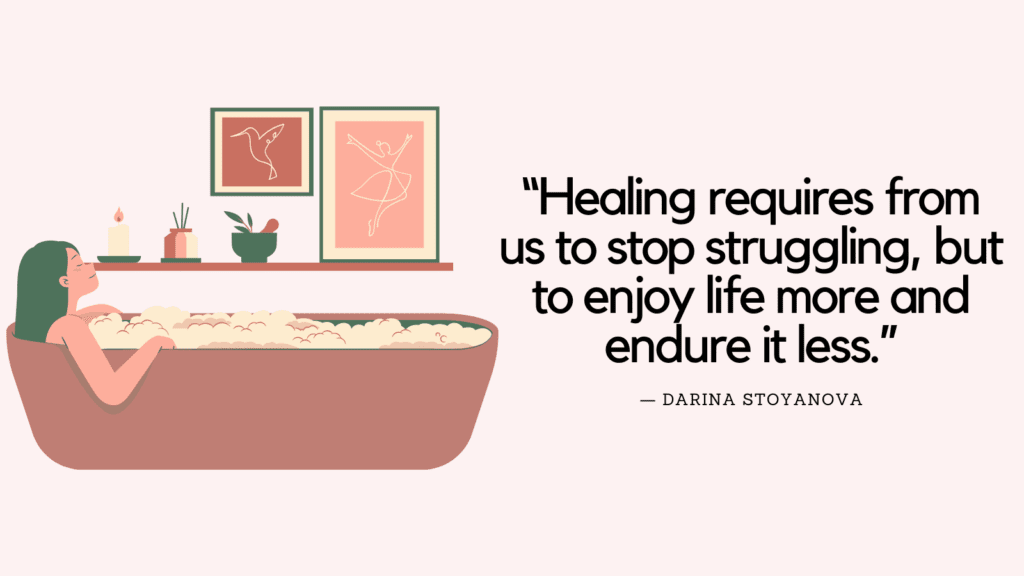Writing is one of the most powerful ways to make sense of the storm inside. Cancer doesn’t just affect your body—it touches your identity, your relationships, your fears, your hopes. Journaling gives you space to name what’s unspeakable, honor what you’ve survived, and find moments of stillness in the chaos. These prompts aren’t about being “positive”—they’re about being real. Use them whenever you need to breathe, reflect, or simply feel.
Journaling Prompts for Processing the Emotional Weight of Cancer
Identity and Life Changes
- How has cancer changed the way I see myself?
- What parts of my old identity do I miss the most?
- What aspects of myself feel stronger now?
- How has my definition of “normal” shifted?
- In what ways have I had to adapt my daily routines?
- What do I grieve about the life I had before diagnosis?
- What does my body mean to me now?
- How has my relationship with control or predictability changed?
- What parts of my personality feel hidden during this experience?
- What have I learned about my limits and my strength?
Related: 12 Ways to Express Emotions Clearly & Effectively
Fear and Uncertainty
- What is my greatest fear right now?
- How do I respond to uncertainty on difficult days?
- What helps me feel grounded when fear takes over?
- How does fear show up in my body?
- What thoughts do I avoid, and why?
- What is my relationship with hope?
- How do I cope when I’m scared of the future?
- What triggers my anxiety the most during this time?
- When do I feel safe, even if only for a moment?
- What does peace look like to me right now?
Grief and Loss
- What have I lost that others can’t see?
- What does it feel like to grieve something that’s still happening?
- How has my concept of grief changed?
- What do I miss most about my life before cancer?
- Are there parts of this journey I haven’t grieved yet?
- What kind of support do I need in my grief?
- How do I carry loss while still living fully?
- What losses have shaped my current emotional state?
- In what ways am I still saying goodbye to my old self?
- What helps me honor my grief without being consumed by it?
Relationships and Support
- Who has shown up for me in surprising ways?
- Who do I wish would show up differently?
- How has my illness impacted my closest relationships?
- What do I need most from others right now?
- How has cancer changed the way I express love?
- When do I feel truly understood?
- What do I wish people knew but don’t ask?
- How do I manage the emotional labor of reassuring others?
- What boundaries have become more important now?
- Who helps me feel most like myself?
Related: Top 15 Effective Emotion Regulation Activities for Adults
Anger and Injustice
- What makes me angry about this experience?
- Who or what do I feel let down by?
- How do I allow myself to express anger safely?
- What parts of this feel deeply unfair?
- Where do I notice resentment building up?
- How do I want to be heard when I’m angry?
- What messages about illness and strength frustrate me?
- What do I wish the medical system handled differently?
- What does my anger need from me today?
- How do I transform anger into clarity or action?
Hope and Meaning
- What gives me hope, even now?
- What does resilience look like in my daily life?
- How has my sense of meaning evolved since diagnosis?
- What moments feel unexpectedly sacred?
- In what ways have I grown through this suffering?
- What acts of kindness or grace have stood out?
- What stories of survival or struggle inspire me?
- What spiritual or philosophical beliefs help me cope?
- How do I define healing beyond physical recovery?
- What do I want my legacy to be?
Body and Physical Experience
- How do I feel about my body today?
- What does pain teach me about my needs?
- What does rest mean to me now?
- In what ways do I listen to my body differently?
- What memories does my body still hold from treatment?
- What rituals help me feel more connected to my body?
- How do I respond to physical vulnerability or dependence?
- What changes in my body are hardest to accept?
- How can I treat my body with more compassion?
- What does strength look like today?
Related: 2-Minute Technique to Help You Manage Feelings Of Overwhelm
Identity Beyond Illness
- What parts of me exist beyond the label of “patient”?
- Who am I when I’m not thinking about cancer?
- What hobbies or interests still bring me joy?
- What reminds me I’m still whole?
- What roles do I still hold — partner, parent, friend — and how do they feel now?
- What kind of future do I dare to imagine?
- How do I want others to see me?
- What has cancer not taken from me?
- What do I love about myself right now?
- In what moments do I forget I’m sick?
Acceptance and Letting Go
- What am I learning to accept — even if I don’t like it?
- What illusions of control have I had to release?
- What does surrender mean to me in this season?
- How do I sit with what I cannot change?
- What helps me loosen the grip of resistance?
- What would it look like to forgive my body?
- How do I grieve while also trusting life?
- What inner dialogue do I need to rewrite to find more peace?
- What can I release today that no longer serves me?
- What version of me is emerging as I let go?
Related: Name It to Tame It: How to Process Emotions?
Reflection and Expression
- If I could write a letter to my body, what would I say?
- If I could speak to my diagnosis as a person, what would I tell it?
- What would I want to tell someone newly diagnosed?
- What has surprised me the most about myself?
- What words or images capture how I feel today?
- How would I describe this chapter of my life in one sentence?
- If I turned my pain into art, what would it look like?
- What would healing look like in a poem?
- What do I need to express but haven’t yet found the words for?
- If my story could help someone else, what would I want them to know?

Conclusion
There’s no “right” way to journal through cancer—only your way. Let your words come raw, messy, or uncertain. Let them hold space for pain, resilience, anger, gratitude, and everything in between. You’re not writing to impress. You’re writing to feel whole again. One page at a time.



